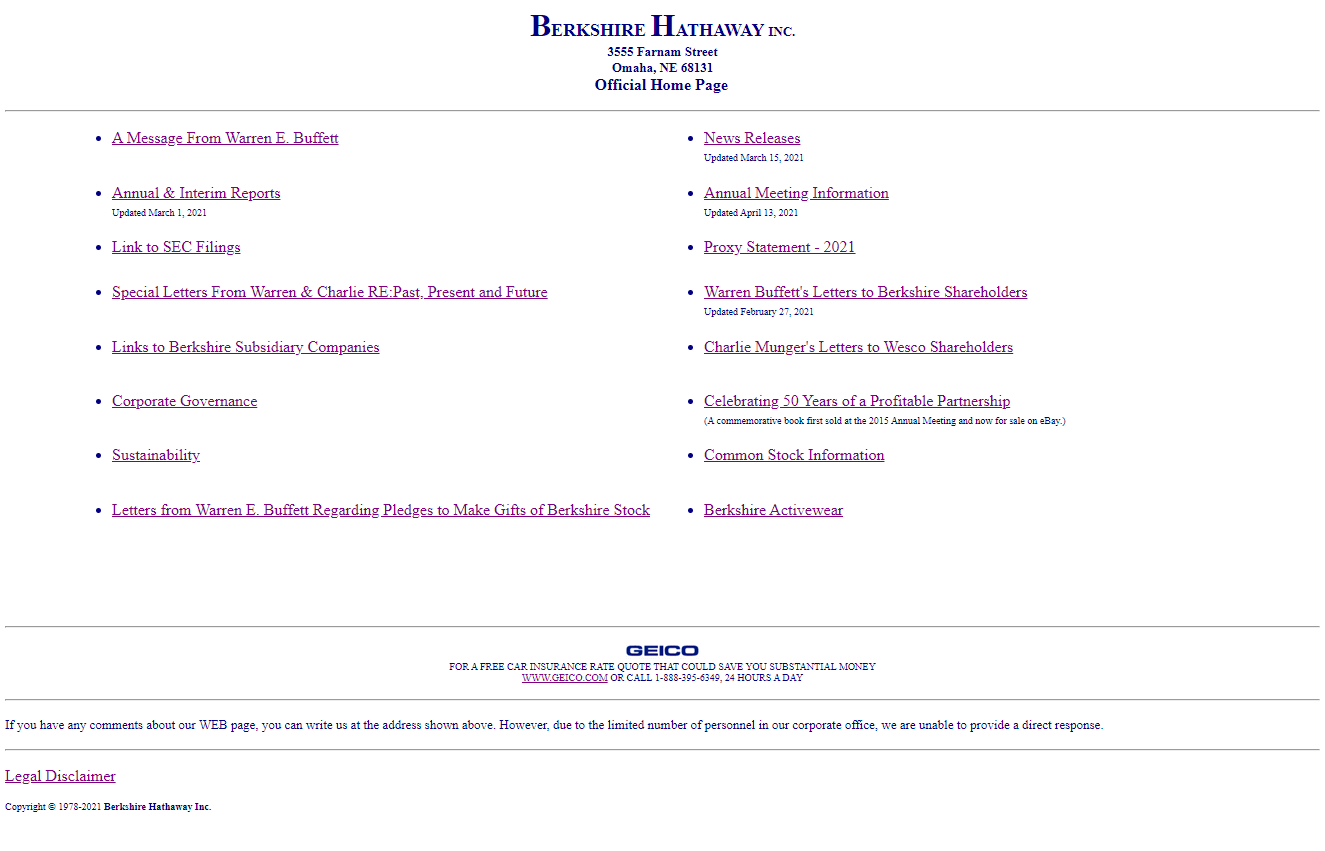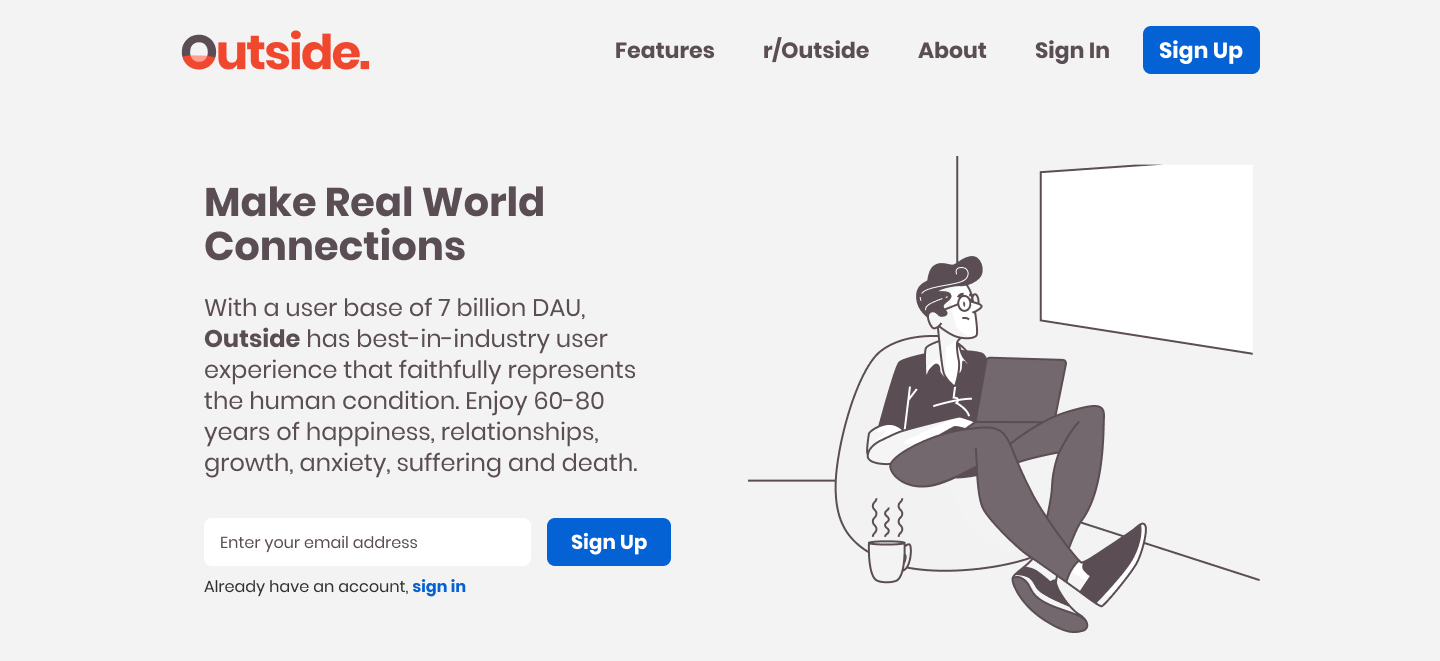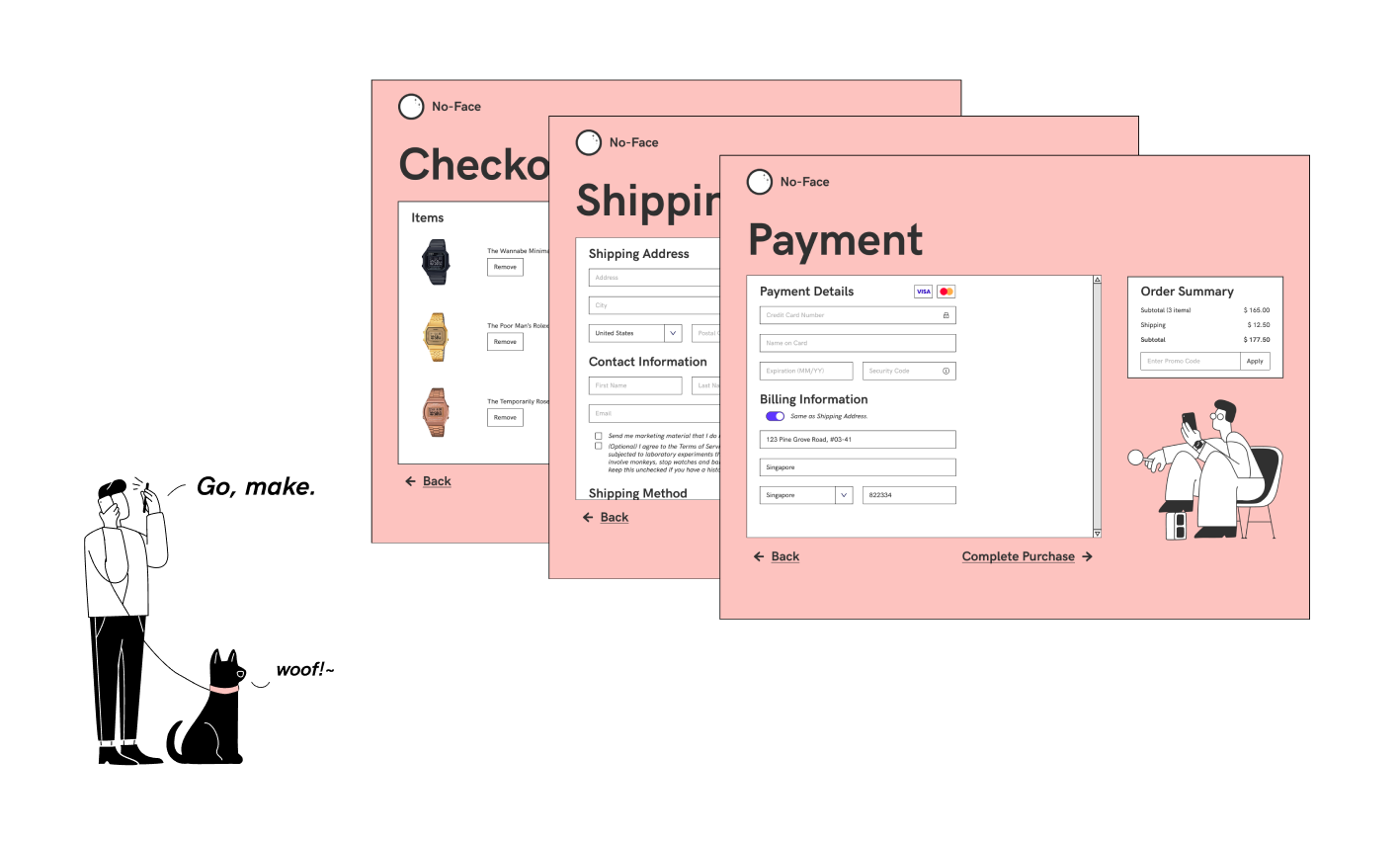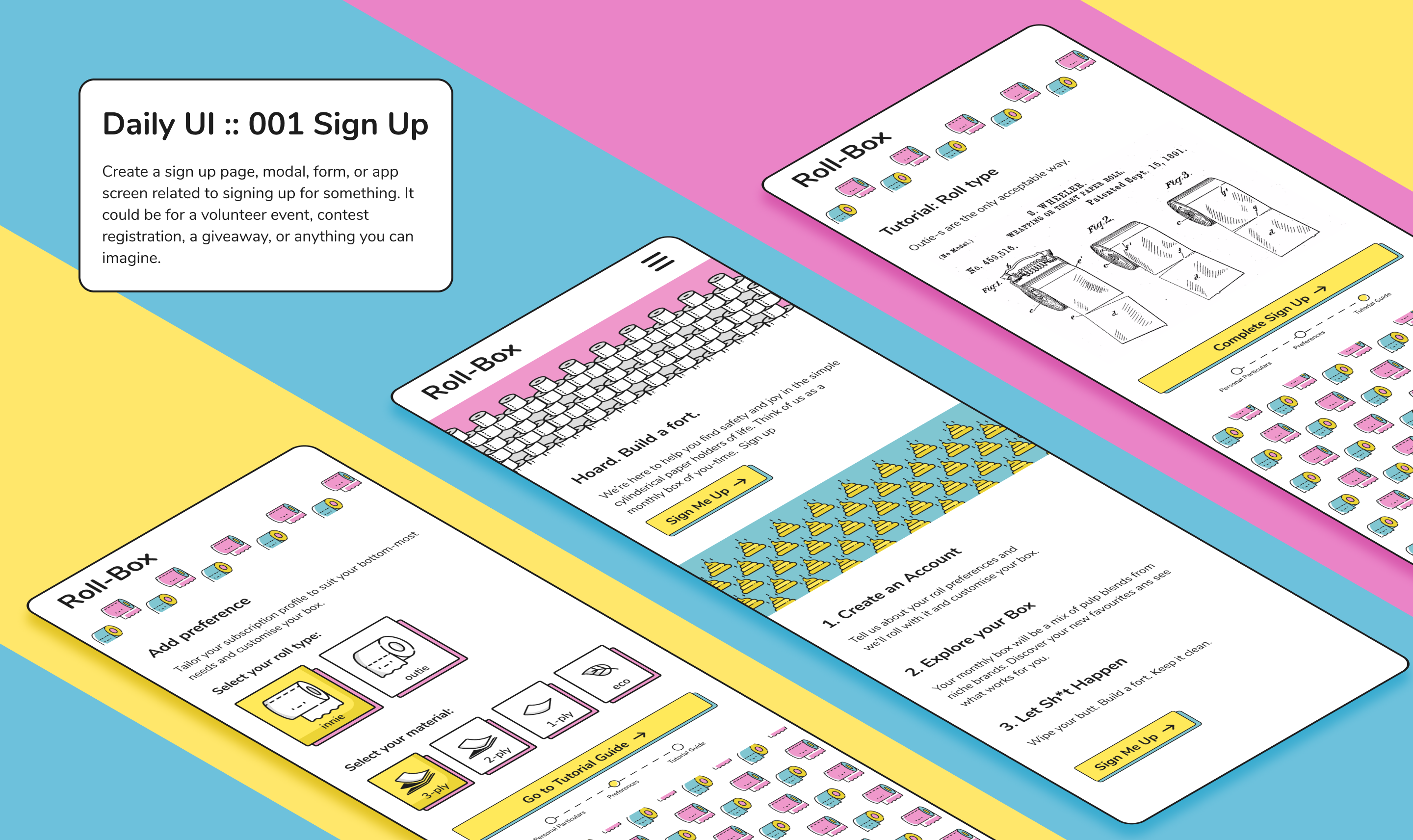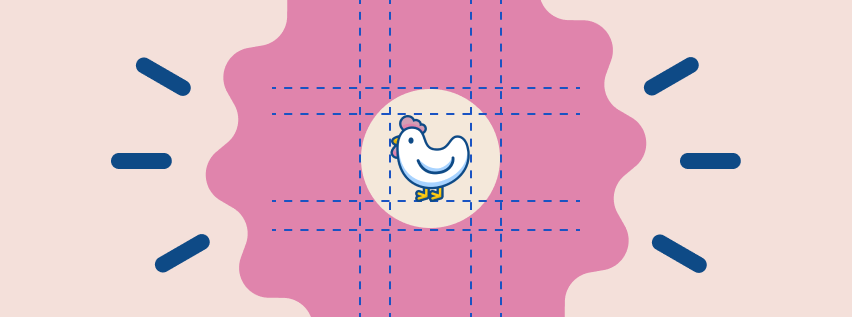31 August 2021 | ux-design
28 September 2020 | product
20 August 2020 | product
21 May 2020 | philosophy
14 May 2020 | philosophy
10 May 2020 | portfolio
30 April 2020 | portfolio
25 April 2020 | portfolio
24 April 2020 | portfolio
22 April 2020 | portfolio
21 April 2020 | portfolio
01 April 2020 | product
31 March 2020 | zen
15 March 2020 | self
12 March 2020 | product
10 March 2020 | self
09 March 2020 | product
20 February 2020 | zen
01 January 2020 | product
03 September 2019 | zen
